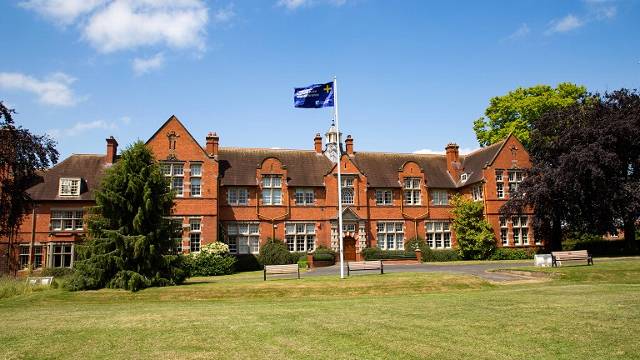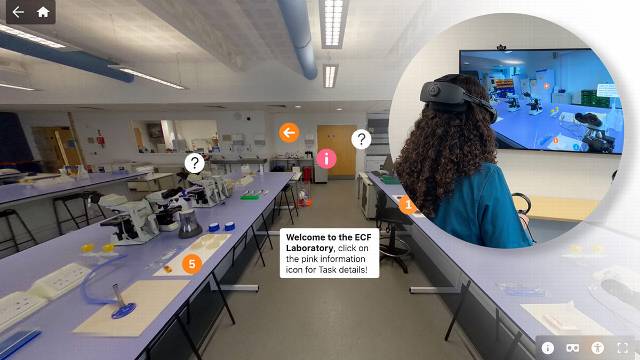
Another day in National Careers Week, another subject to talk about. And it just wouldn’t be Harper if we didn’t turn to food and farming.
Our subjects really do cover every stage of the food supply chain, from plough to plate. If you think careers in food or farming are limited to catering and hands-on agricultural labour, you need to keep reading.
Food and drink production is the UK’s largest manufacturing sector, employing more than 4.1 million people*. If career security is high on your priority list, you’d be wise to consider a career in food, after all, everyone has to eat! Let’s follow the field to fork chain and look at some of the career opportunities
- Protect and prepare farmland. Agricultural engineers might be involved in designing tractors, sprayers, combines and more, but increasingly traditional agricultural machinery is being joined by new agritech – drones and other autonomous vehicles, sensor systems, robotic dairy parlours and more can be explored and developed if you choose a career in this area. You might find yourself engineering solutions to problems we don’t even know about yet.
Land Management is also key here, as is environmental management – with future farm payments due to be increasingly linked to the latter.
- Now on to actually farming the land – agricultural science is both fascinating and complex. We’re are not here to teach anyone how to do manual farm work, which is why we ask for minimum levels of experience before students join, or we support new entrants to get experience alongside year 1 studies through our Access to Agriculture That’s right – you don’t have to have grown up on a farm to start a career in agriculture. Megan didn’t and nor did Grace, and look where they are now!
With a degree in agriculture you could manage farms, but you could also become an agronomist (crop doctor), farm business consultant, livestock nutritionist, sustainable farming advisor, farm journalist, or do any other job connected to the agricultural industry.
- Moving beyond the farm gate, our business and food studies routes can take you along the supply chain, from logistics to new product development, sales, marketing, quality assurance and selecting produce for major retailers. If you care about what ends up on people’s plates and how it gets there, these areas are definitely worth a closer look.
- As are the more specific food science areas of product development and nutrition. Demand for new products, advice on what we should be eating, when and how much is never far from the social conscience. Whether you fancy a deep dive into the science behind a perfect strawberry (shape, size, colour, taste, texture); think you have genius ideas for new food products, or want to use science and knowledge to influence how people eat, this is the area for you.
Sign up for our open day on March 20 to explore these routes and more!
*Food and drink federation
 Blog: Trio of visits start historic year for Development and Alumni Relations department
2026 is set to be a bumper year for the Development and Alumni Relations Department at Harper Adams - as the University prepa …
Posted
Today
Blog: Trio of visits start historic year for Development and Alumni Relations department
2026 is set to be a bumper year for the Development and Alumni Relations Department at Harper Adams - as the University prepa …
Posted
Today




